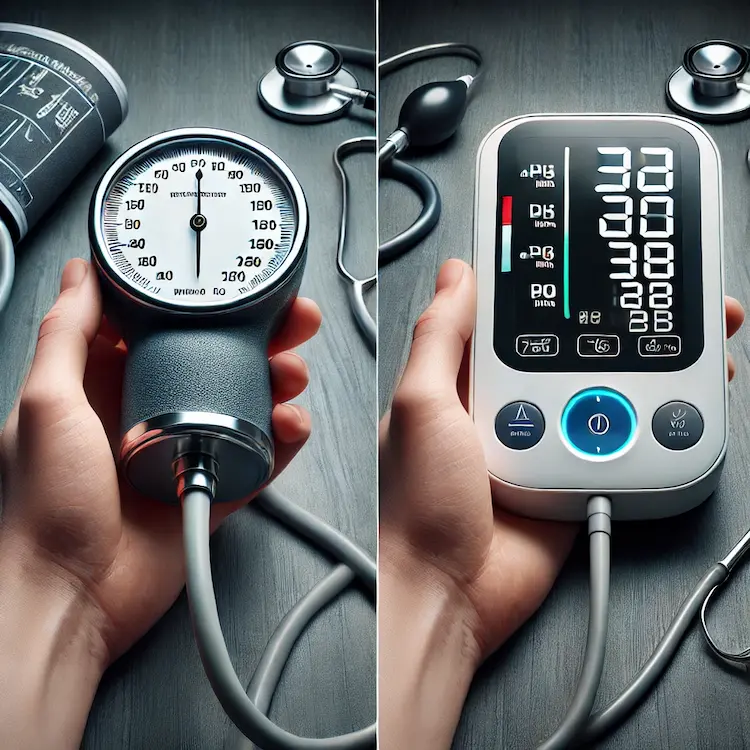Caffeine is a widely consumed stimulant found in coffee, tea, energy drinks, and certain medications. While it provides a temporary boost in alertness and energy, it also has physiological effects that can influence blood pressure readings, often measured using a sphygmomanometer (sphyg). Understanding how caffeine affects these readings is essential for accurate blood pressure monitoring and overall cardiovascular health.
This article explores the impact of caffeine on sphyg readings, its short- and long-term effects on blood pressure, and practical strategies to ensure accurate measurements.
Caffeine stimulates the central nervous system, leading to the release of adrenaline. This results in:
| Effect Type | Blood Pressure Change | Duration |
|---|---|---|
| Short-Term | 5–15 mmHg increase | 30 min – 3 hours |
| Long-Term | Tolerance develops over time | Minimal effect in habitual drinkers |
Short-term spikes in blood pressure may affect clinical assessments, leading to inaccurate readings. However, long-term caffeine consumers often develop tolerance, reducing its impact.
Several studies have examined caffeine’s effect on blood pressure. Key findings include:
These statistics highlight the importance of timing caffeine consumption before blood pressure readings.
| Feature | Manual (Mercury/Aneroid) | Automatic (Digital) |
|---|---|---|
| Accuracy | High (if used correctly) | Moderate to high |
| User-Friendliness | Requires training | Easy to use |
| Effect of Caffeine | Readings may vary due to manual inflation | Potentially more consistent but still influenced by caffeine |

ABPM provides a 24-hour profile of blood pressure fluctuations, reducing the risk of misinterpretation due to temporary caffeine spikes.
| Habit | Effect on Blood Pressure |
|---|---|
| Limiting Caffeine Intake | Reduces short-term spikes |
| Regular Exercise | Improves cardiovascular health |
| Reducing Sodium Intake | Lowers hypertension risk |
| Practicing Stress Management | Counteracts caffeine-induced increases |
Caffeine can temporarily raise blood pressure, leading to misleading sphyg readings. While habitual caffeine drinkers may develop tolerance, it is best to avoid caffeine before measuring blood pressure to ensure accuracy. Choosing the right monitoring method and making lifestyle adjustments can help manage caffeine’s impact on cardiovascular health.